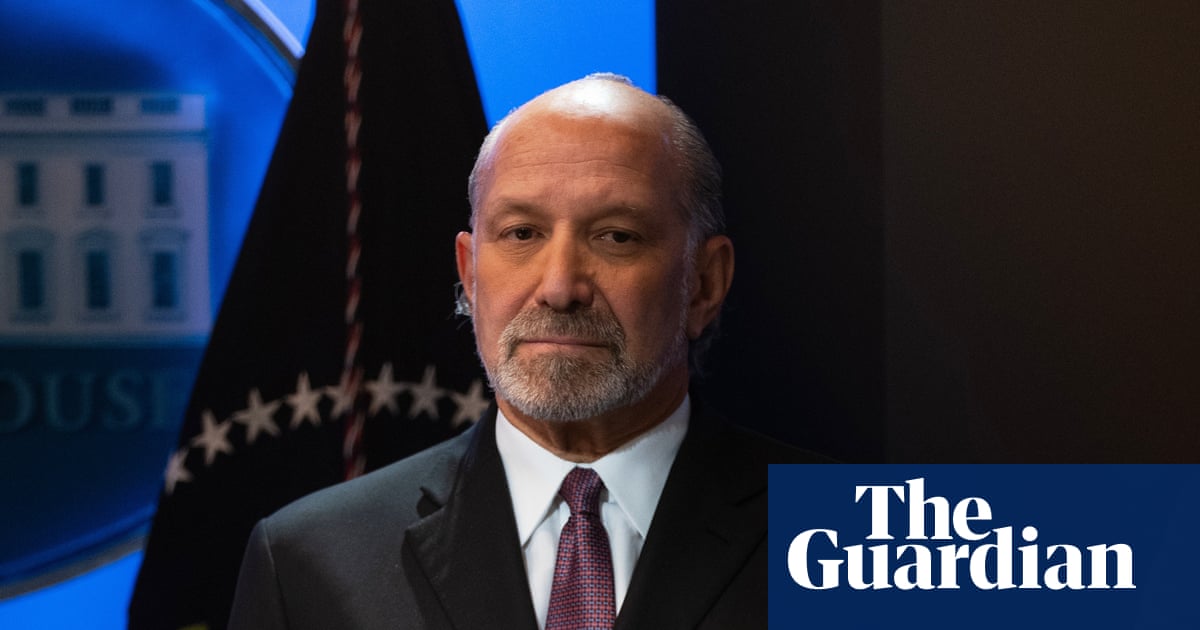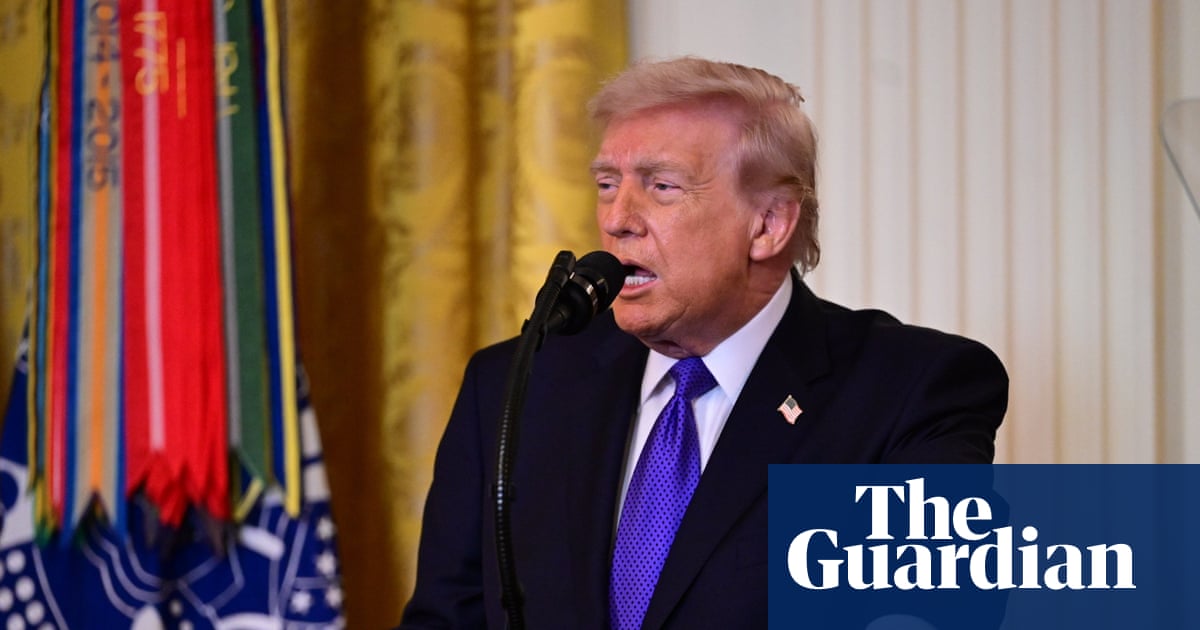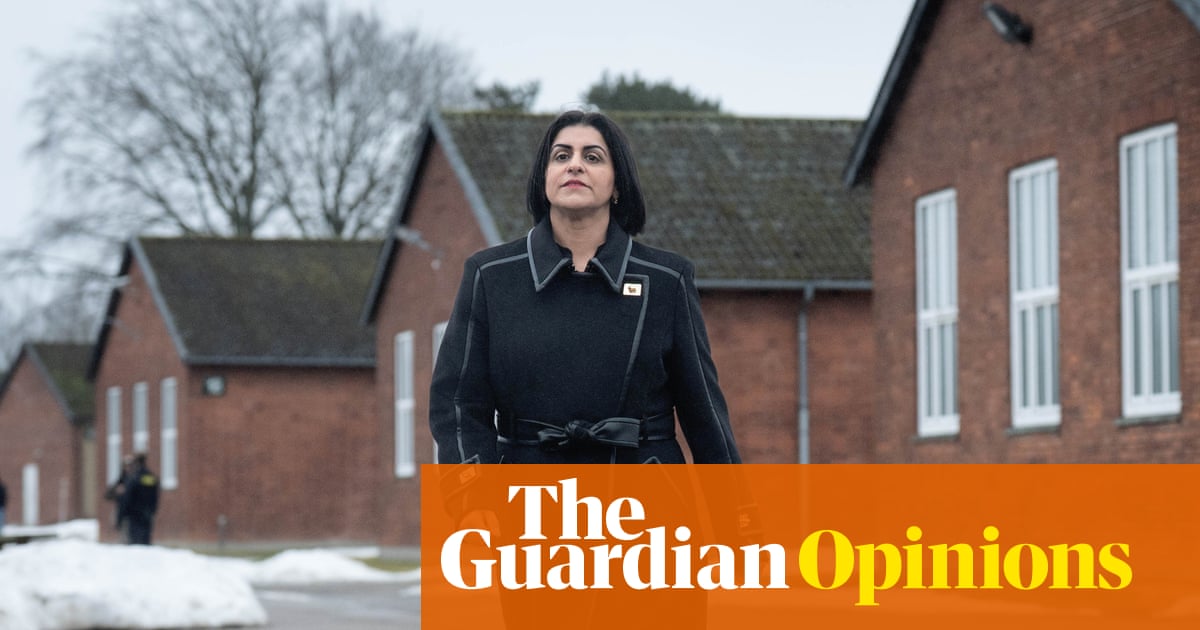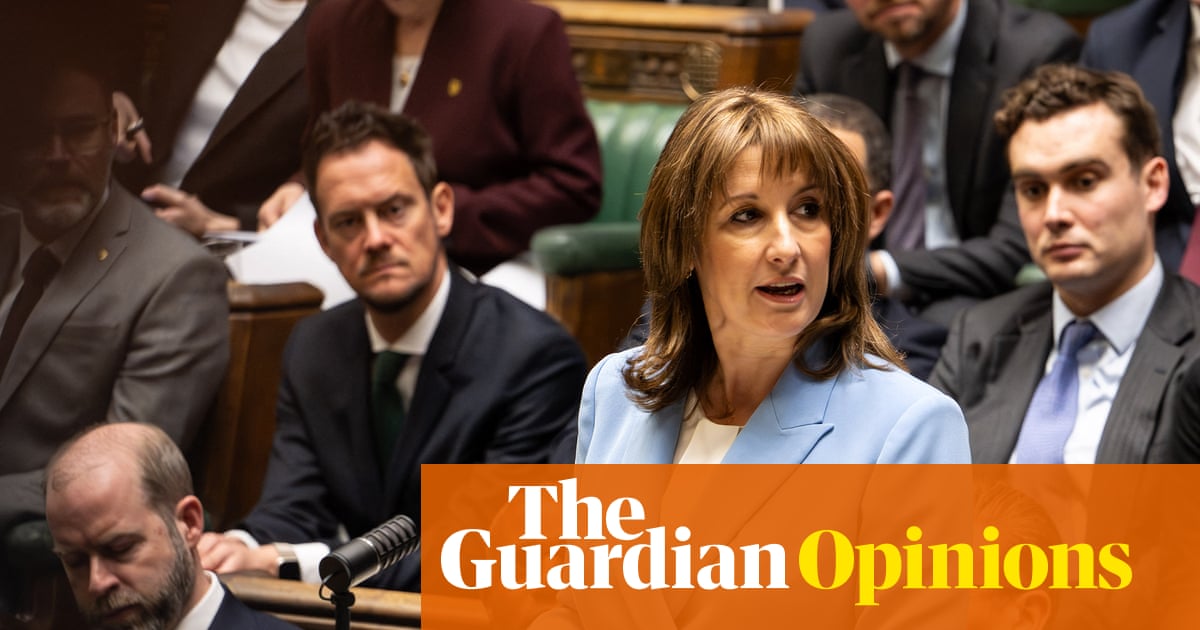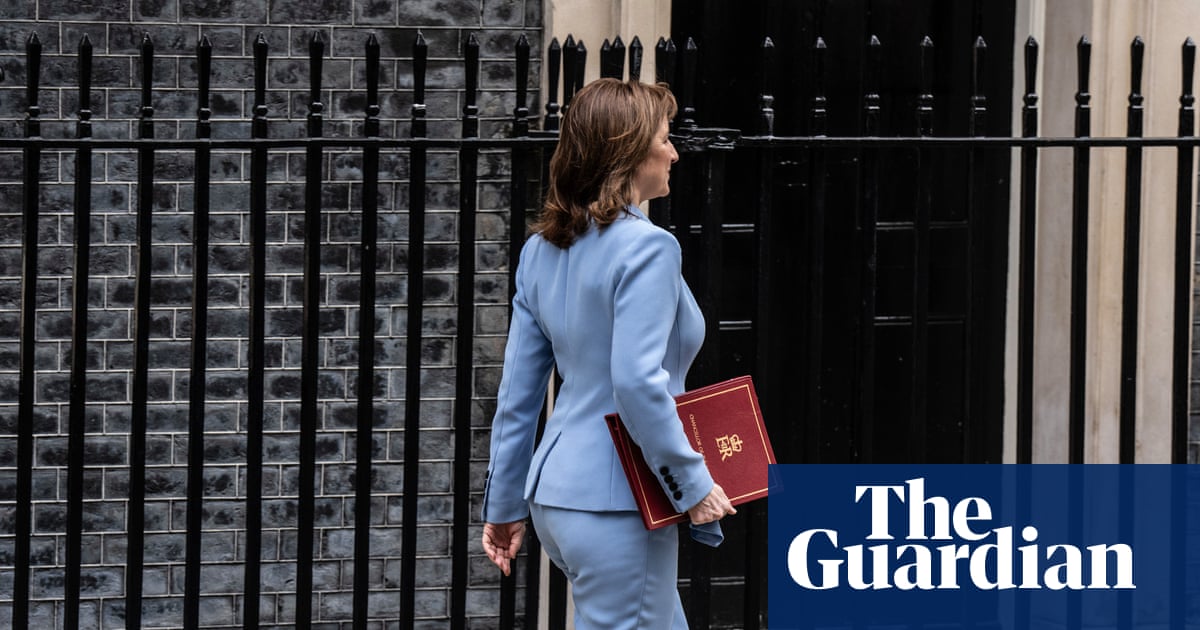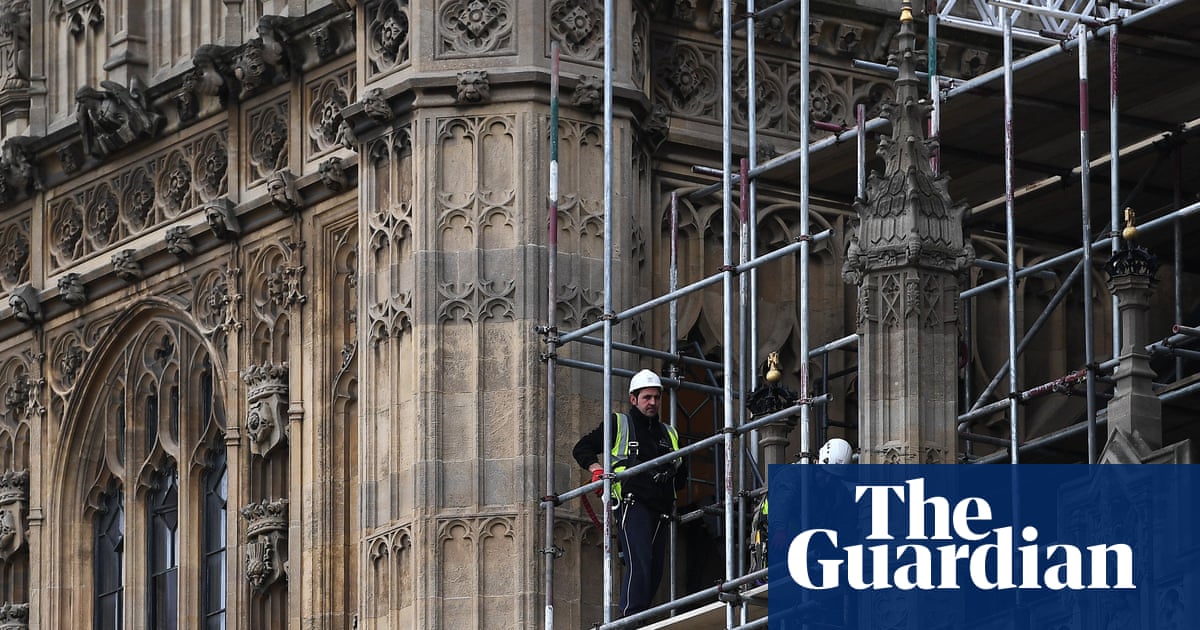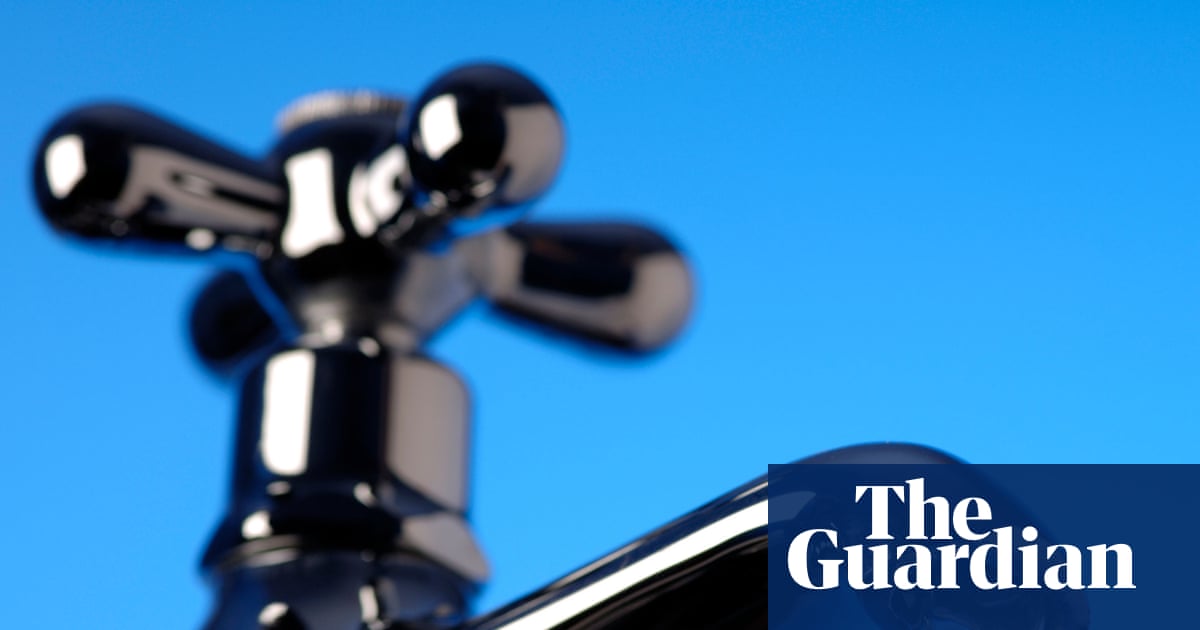The brief and deeply unsettling encounter lasted just a few seconds, sparking outrage across Mexico and beyond as it laid bare what many women in the country face daily.
But for those who have spent years tracking women in politics, the incident in which a drunken man attempted to kiss Mexico’s president, Claudia Sheinbaum, on the neck and grope her was shocking but not entirely surprising.
“It’s definitely part of a pattern,” said Zeina Hilal, of the Inter-Parliamentary Union, the global organisation of national parliaments. “It’s really an illustration of what women in politics are facing.”
In 2016, the organisation surveyed 55 female politicians from 39 countries about their experiences of sexism, harassment and violence.
What they found was alarming; 82% reported experiencing psychological violence, a category that included sexist remarks as well as persistent and intimidating behaviour, while 44% reported receiving death threats or threats of rape or beatings.
One in five of the women said they had been slapped, pushed, struck or hit with a projectile that could have injured them.
The organisation has since spoken to hundreds of female politicians in regions across the world. While the job titles and positions varied slightly, their experiences were depressingly similar.
“This violence is targeting women because they are women,” said Hilal, who manages the gender and youth programmes for the Geneva-based organisation. “It targets their bodies, it targets what society associates them with – so children, their physical characteristics.”
She described the attacks as an attempt to question the role of women in leadership, an effort that at times was linked to a more formal push back against gender equality. “You have people who would do these things without this being their direct objective. They’re annoyed by these women who have power and the way in which women are present,” she said. “But there are definitely movements that exist, they are funded and know what they are doing. They even coordinate attacks online with bots and with people paid to carry out these attacks.”
Among the women surveyed, the frequency of this violence varied; younger women, those from minority backgrounds or who have a strong stance on gender equality or human rights reported disproportionately higher rates of abuse.
The findings dovetail with the steady stream of female politicians – spanning the UK to Canada and beyond – who have opted to leave politics, citing the toll that the increasing threats and harassment were taking on them and their families.
Weeks before Sheinbaum was accosted, Sweden’s Anna-Karin Hatt, the leader of the Centre Party, said she was leaving public life, citing the constant threats and harassment. The announcement came three years after her predecessor, Annie Lööf, opted to do the same, after grappling with neo-Nazi threats, stalkers and online trolls.
Some have sought to sound the alarm over the wider repercussions this could have for democracies. In 2023, former Dutch politician Sigrid Kaag warned that the online vitriol could roll back decades of progress when it comes to the political participation of women, minorities and people of colour, while the UK Conservative MP Dehenna Davison called for the torrent of “vile abuse” to be halted. “We need to do all we can to stop the brightest and best being turned off entering politics, or as a society we will all suffer,” she said on social media.
While most of the research on political violence has relied on self-reporting, in 2023 researchers in Italy combed through more than a decade of data to establish whether female politicians were being targeted more often.
The records of online and offline attacks against local mayors in more than 7,500 municipalities revealed an astonishing discrepancy, said Gianmarco Daniele, an associate professor at the University of Milan and one of the researchers behind the study. “So the probability of receiving an attack is almost three times higher, which is a massive difference.”
They then compared mayors who were similar in every way but gender, seeking to control for factors such as policy decisions, performance and corruption. Again, a clear pattern emerged.
“We see that the men are attacked more when they perform badly, while women are attacked no matter what they do,” he said. “So if they perform very well, they are attacked. If they perform badly, they are attacked. So this doesn’t seem to be driven by what they do in office, but seems to be just a kind of backlash driven by discrimination.”
Those who were attacked were less likely to run for re-election, in a finding that could help to explain why women remain dramatically underrepresented in politics globally. “It’s crucial because the selection into politics often starts at the local level,” said Daniele.
The violence offers a glimpse of how women’s presence in politics remains contested, conditional and at times unwelcome, said Adriana Marin, a lecturer in international relations at Coventry University.
“It isn’t random or incidental,” she said in an email. “It targets women precisely because they are entering spaces historically dominated and policed by men.”
This dynamic had burst into public view with the assault of Sheinbaum, she said. What took place on a public street in Mexico City was not merely an act of individual misconduct, but was also an assertion of power over a woman whose position challenges longstanding gendered expectations. “Threats or physical aggression, persistent undermining, sexualised harassment or efforts to delegitimise a woman’s authority – all these reinforce patriarchal boundaries,” she said.
Perhaps nowhere is this more publicly visible than online. While male politicians receive similar amounts of online harassment, the content differs significantly, said Inessa De Angelis, a PhD student in the faculty of information at the University of Toronto.
“Male politicians, the research shows, often receive comments that are more focused on their policy priorities and the policy positions they take, so they might receive backlash for their budget or their position on the economy or things like that,” she said. “Whereas with women, the attacks tend to be more on their personal characteristics and their perceived abilities based on those. So it’s often more sexist, often more vitriolic, and they might mention the members’ children, for example.”
Researchers have described this as a double burden placed on female politicians, as they are forced to cope with a disproportionate amount of online toxicity while also wrestling with the broader question of what the attacks say about their place in politics.
“It’s the kinds of comments that really make them question why they are in politics and undermine their ability to do their job,” said De Angelis. “So if we don’t take action both online and offline, it really will risk the ability to have more equal and inclusive parliaments.”
Despite nearly a decade of reports and the steady succession of warnings from departing politicians, some continue to brush off the violence, said Hilal. “There are people who say, ‘you want to be a politician, you need to take it.’”
This is a view that threatens to erode the very fabric of democracy, walling off politics for some and pushing away others. “Ultimately, political institutions are workplaces as well, where women and men work,” she said. “So if you wouldn’t accept it in other workplaces, why would it be acceptable in political institutions?”

 3 months ago
113
3 months ago
113

